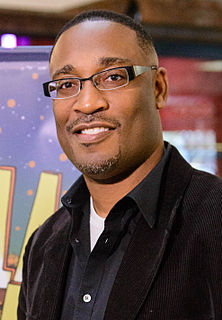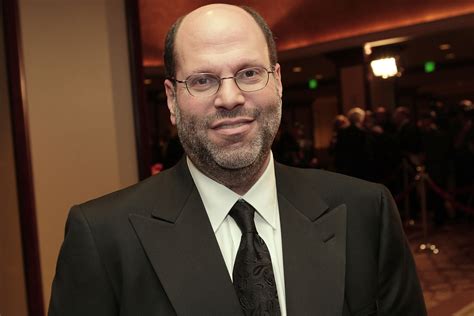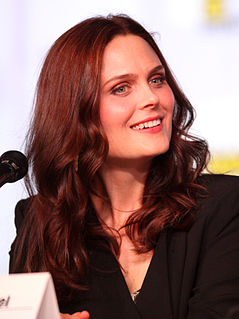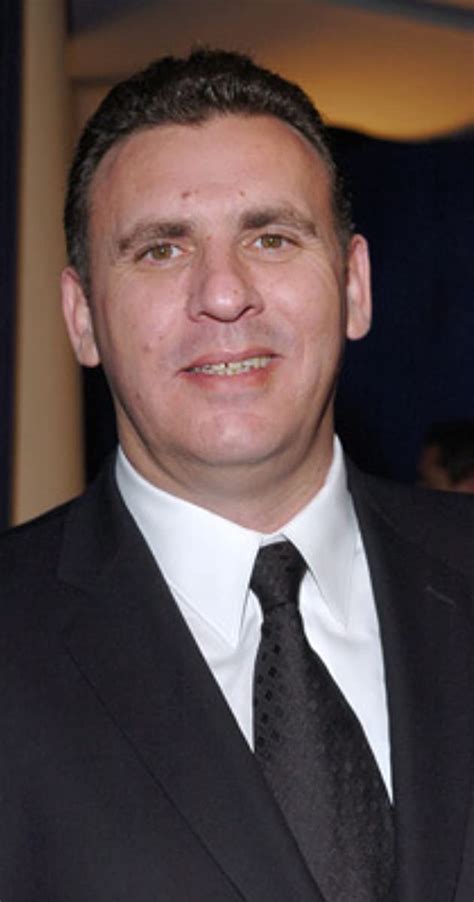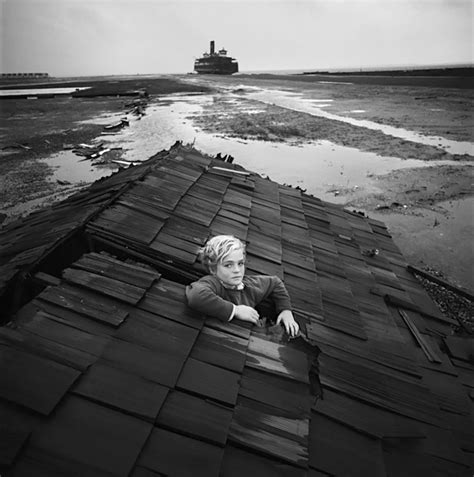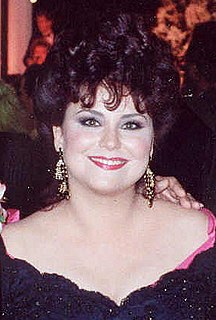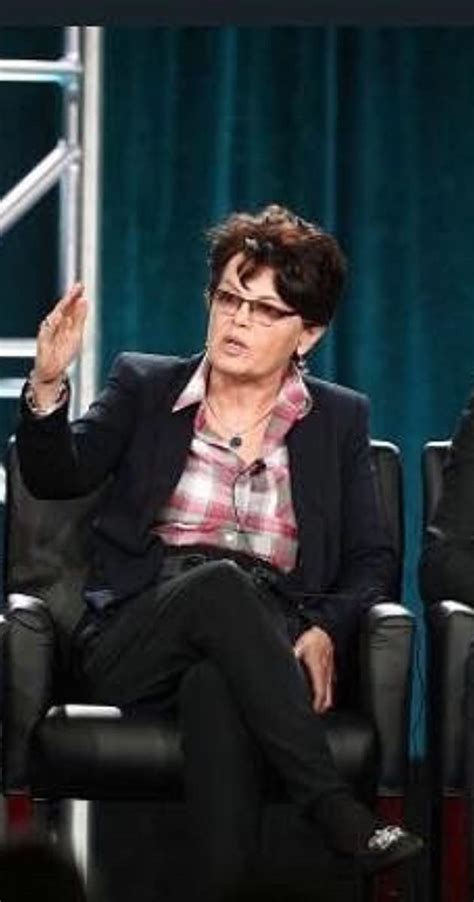A Quote by Ira Sachs
I try to keep feeling what's going on and try to use the camera, the actors and the design to enhance those feelings. There's something really emotionally direct and honest about how I put the material with the images. You hope that the strength of mise-en-scene comes from an honesty towards the material. You also hire really well.
Related Quotes
My writing is of a very different kind from anything I've heard about. All this mythological material is out there, a big gathering of stuff, and I have been reading it for some forty- or fifty-odd years. There are various ways of handling that. The most common is to put the material together and publish a scholarly book about it. But when I'm writing, I try to get a sense of an experiential relationship to the material. In fact, I can't write unless that happens ... I don't write unless the stuff is really working on me, and my selection of material depends on what works.
But actually my dad is a very talented director and not just his use of shots and camera, but he's very good with actors and he knows acting well. It's great to see him do that and be really good at it and he's been doing it for a while and he certainly knows how to make movies, and little movies I guess for a television show, and he's going to come back in November to direct a second episode, which I'm really excited about.
In our quest to quickly make three-dimensional objects, we can miss out on the experience of making something that helps give us our first understandings of form and material, of the way a material behaves--'I press too hard here, and it breaks here' and so on. Some of the digital rendering tools are impressive, but it's important that people still really try and figure out a way of gaining direct experience with the materials.
It [moviemaking] is not really done on a yearly basis. It's about how the material, and when the material comes in. If you develop your material and the script comes in great and you can attach a director and a cast and go off and make it, then I could make, I don't know, six [movies] a year. Or I could make one. It really depends.
The gay life is filled with as much cruelty and loneliness as the heterosexual life... I search into my dreams or desires and try to ask myself how these feelings can be made into concrete images... Are they really abnormal, or are they trying to tell us something we have repressed about ourselves, something we don't want to see, something about the darker side of the human condition itself?
Screenwriting is a terrible way to make a living and I always try to talk anyone out of it. Until you sit in a story meeting with studio executives with no particular ability or actors who haven't even graduated high school telling you exactly how to change your script, you haven't experienced what it's really like to be a screenwriter in Hollywood. Also, unlike novelists and playwrights, you don't own the copyright on your original material. It hurts when you sell a project you love and then suddenly the project you really cared about will never see the light of day.



